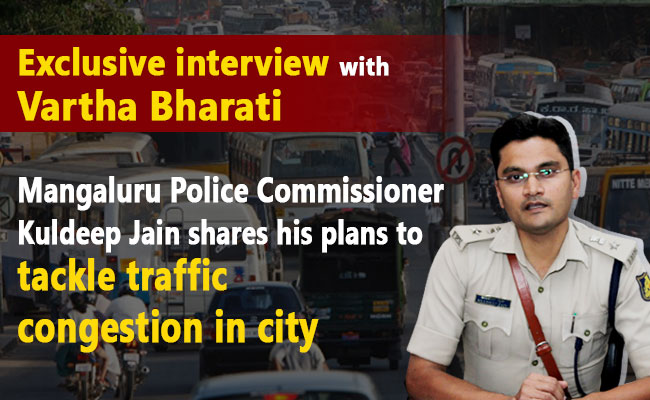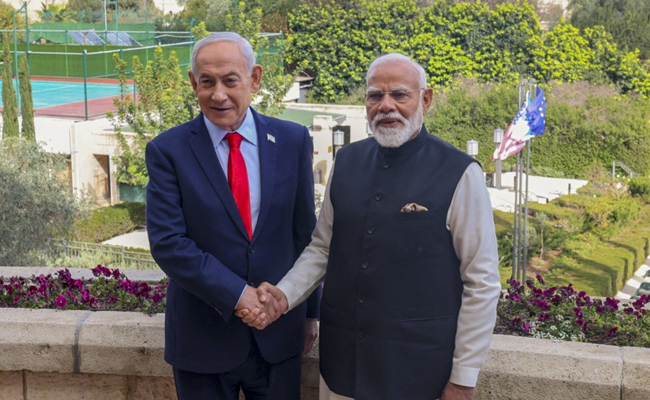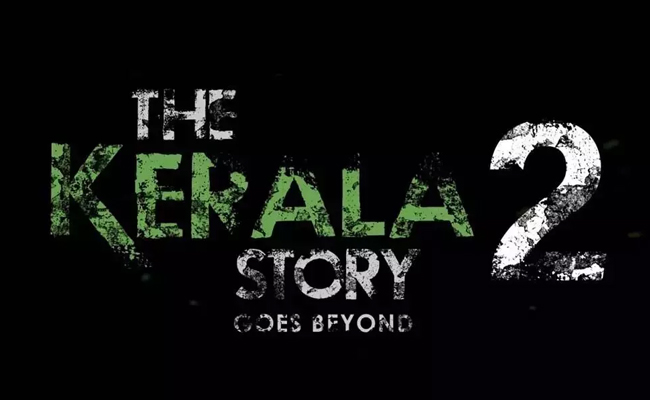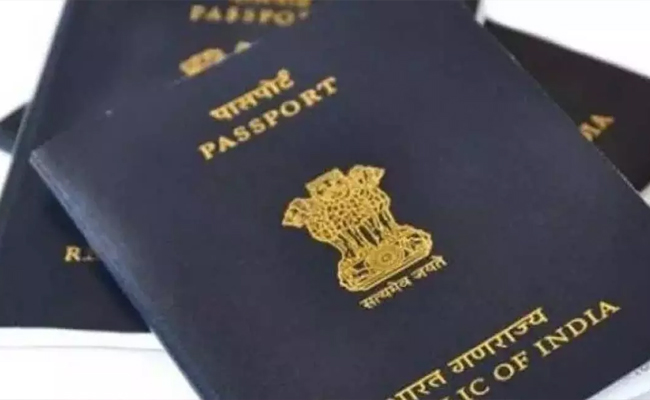Mangaluru City is grappling with numerous traffic-related challenges, including congestion, unauthorized parking, reckless driving, and violations of traffic rules. These concerns were further highlighted by a protest that occurred after a tragic road accident in March, where a 55-year-old woman lost her life after being hit by a private bus at Bendoorwell Junction. In response to these pressing issues, Mangaluru Police Commissioner, Kuldeep Kumar R Jain, assured the public of measures to tackle the traffic menace.
Speaking to Vartha Bharati recently, Geetha Kulkarni, Assistant Commissioner of Police (Traffic), emphasized the lack of traffic awareness among the public, particularly when it comes to basic rules such as speeding, following signals, and proper parking. She stressed that strict action is taken against those who violate traffic rules. Additionally, Geetha highlighted that negligent driving by private city buses does not go unchecked, as notices are issued, and fines are duly paid by the offenders.
Highlighting the role of technology in efficient traffic management, Geetha expressed interest in Section 136A of the Motor Vehicles Act (MVA), which enables the use of electronic means to monitor road safety. Alongside the deployment of CCTV cameras, handheld devices are employed to book violators of road rules, enabling the imposition of fines.
In an interview with Vartha Bharathi, Police Commissioner Kuldeep Jain outlined various initiatives aimed at reducing traffic congestion and promoting road safety in the city. These include the adoption of innovative technologies and the significance of engaging with the community to understand their concerns regarding traffic issues. Kuldeep emphasized the importance of not only implementing traffic rules but also ensuring their adherence.
Excerpts from an Interview with Mangaluru Police Commissioner Kuldeep Kumar R Jain on Addressing Traffic Menace and Ensuring Road Safety:
Q: What initiatives has the police department undertaken to address traffic issues in the city since you became the police commissioner?
Kuldeep Jain: We have focused on streamlining parking by enforcing parallel parking instead of perpendicular parking. Additionally, we have prohibited parking within a 100-meter radius of junctions to avoid blockage. To crack down on illegal parking, we are using wheel clamps. Our aim is to ensure immediate consequences for those who violate parking regulations.
Q: How do you plan to tackle traffic violations and enforce stricter traffic laws?
Kuldeep Jain: Our officers are already available at major junctions during peak hours, working in two shifts from 7 am to 10 pm. We take strict action against individuals who violate traffic rules.
Q: Are there any innovative technologies or smart traffic solutions being implemented to manage traffic more efficiently?
Kuldeep Jain: We have initiated the proposal for an Integrated Traffic Management System (ITMS) to automate 20 junctions. This system will enhance road safety and automatically capture traffic violators. Additionally, we have introduced four Cobra two-wheeler traffic patrol vehicles, which have significantly improved our response time and efficiency in addressing traffic-related concerns.
Q: How do you collaborate with other government agencies to tackle traffic challenges, including infrastructure development and public transportation?
Kuldeep Jain: Collaboration among all agencies is crucial to ensure road safety measures are implemented effectively. We have had meetings with the government in the past three and a half months to discuss and coordinate strategies. We have also established a WhatsApp group to promptly address issues such as potholes and communicate with relevant stakeholders.
Q: How do you engage with the community and gather feedback for improving the city's traffic situation?
Kuldeep Jain: We regularly seek suggestions and feedback from the public to enhance traffic conditions. Initiatives such as the Phone-in programme and the Sanchara Samparka Divasa (Traffic Connectivity Day) allow people to report traffic issues directly to us. We also engage in discussions with college managements to find ways to ease traffic near educational institutions.
Q: You recently appealed to the public to volunteer as traffic wardens. How has the response been so far?
Kuldeep Jain: Unfortunately, the response has been disappointing. We spend a significant amount of time and resources creating awareness about the importance of volunteering. We only ask for four hours of a volunteer's time during a week of 160 hours. It is crucial for the public to join hands with the police to ensure smooth traffic flow.
Let the Truth be known. If you read VB and like VB, please be a VB Supporter and Help us deliver the Truth to one and all.
Jerusalem (PTI): India and Israel on Thursday elevated their "time-tested" relationship to a special strategic partnership and agreed to soon firm up a "mutually beneficial" free trade deal even as Prime Minister Narendra Modi strongly backed the Gaza peace initiative, asserting that humanity must never become a victim of conflict.
Following talks between Modi and his Israeli counterpart Benjamin Netanyahu, the two sides inked a plethora of agreements to expand cooperation in areas of trade, agriculture, energy, cyberspace and digital payment.
India and Israel also vowed to expand their already close defence partnership by working towards joint development and joint production of military hardware under the framework of the transfer of technologies.
In his media statement, Modi said India's security interest is linked to peace and stability in the Middle East, adding that New Delhi fully supports the Gaza Peace Initiative.
"India's stance is clear: humanity must never become a victim of conflict. A path to peace has been created through the Gaza Peace Plan. India has fully supported these efforts," he said.
"In the future as well, we will continue dialogue and cooperation with all countries," he said.
PM Modi landed in Israel on Wednesday on a two-day visit. It is his second visit to Israel in nine years.
In his remarks, the prime minister said India and Israel have a united view that there is no place for terrorism in the world and both sides stand shoulder-to-shoulder in countering terrorism and its supporters.
"Our relationship is founded on the strong bedrock of deep trust, shared democratic values, and human sensitivities. Our bond has stood the test of every trial of time," he said.
"Today, we have taken the historic decision to elevate our time-tested partnership to the status of a 'Special Strategic Partnership'," he said.
The prime minister also announced the establishment of an India-Israel critical and emerging technologies partnership to impart a new momentum for cooperation in areas of artificial intelligence, quantum, and critical minerals. "I am pleased that an agreement has been reached for the use of UPI in Israel," he said.
The prime minister, referring to the threat of terrorism, said India and Israel will continue to confront the menace unitedly.
"India and Israel are completely clear that there is no place for terrorism in the world. In any form, in any expression, terrorism cannot be accepted," he said.
"We have stood shoulder-to-shoulder in opposing terrorism and its supporters, and we will continue to do so," he added.
India and Israel also discussed the implementation of the India-Middle East Europe Economic Corridor (IMEC) and cooperation under the framework of I2U2 (India-Israel-UAE-USA).





